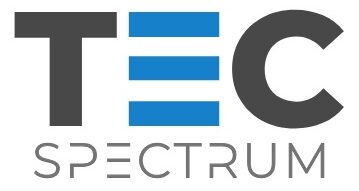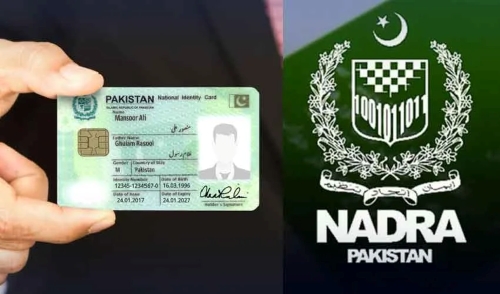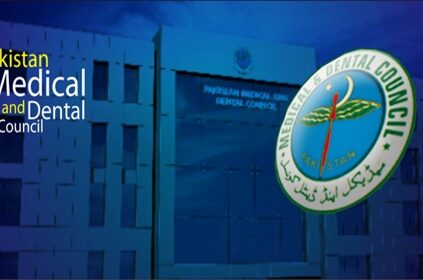In a major leap toward digital healthcare, Pakistan’s Ministry of National Health Services is joining forces with NADRA to launch a revolutionary system — “One Patient One ID.” 🩺💳
Under this initiative, your CNIC number will double as your permanent Medical Record (MR) number, giving healthcare providers access to your complete medical history from anywhere in the country.
💡 What’s the Goal Behind ‘One Patient One ID’?
At a recent meeting chaired by Federal Health Minister Dr. Nadeem Jan and NADRA Chairman Lt Gen Mohammad Munir Afsar, officials reviewed the new health data integration plan.
“There’s currently no central database for patient records in Pakistan. With this system, the CNIC will act as the unified MR number,” said the Health Minister.
The goal? To improve healthcare accessibility, streamline services, and digitize patient records to ensure faster and more accurate treatments — both in-person and through telemedicine platforms. 📲👨⚕️
📲 How It Will Work
Once launched, here’s how “One Patient One ID” will function:
- 🆔 CNIC becomes your MR number across all healthcare systems.
- 🏥 Doctors can access your medical history at any hospital or clinic nationwide.
- 👨⚕️ Enables remote diagnosis and treatment via telemedicine.
- 💊 Reduces paperwork and repeat tests.
- 🧾 Ensures continuity of care — especially helpful for chronic illness and long-term treatment.
🏠 Why It Matters: Healthcare at Your Doorstep
Minister Kamal emphasized the critical role of technology in delivering home-based healthcare through telemedicine. With patient data linked to CNICs, medical professionals can diagnose and prescribe treatment remotely, saving time and reducing hospital crowding.
Key Benefits:
- 📉 Reduces load on large hospitals
- 🏘️ Encourages visits to Basic Health Units (BHUs)
- 🧑⚕️ Brings medical care to underserved communities
- 📊 Supports data-driven healthcare planning
“Hospitals are overwhelmed, and around 70% of people bypass BHUs. This system will help decentralize care and improve service delivery,” said Kamal.
🔗 A Step Toward Universal Health Coverage
By unifying medical records under one national ID, Pakistan is aligning itself with global health practices — making healthcare more accessible, efficient, and transparent.
This digital health transformation could also lay the foundation for future systems like:
- 📍 National Health Insurance integration
- 🧠 AI-based diagnostics
- 💼 Portable health profiles for workers and travelers
📢 What Should You Expect Next?
While no official launch date has been confirmed yet, the project is in advanced planning stages. Citizens can expect:
- ✅ Nationwide rollout across government and private hospitals
- 🖥️ Integration with telehealth platforms
- 📈 Real-time health data tracking and policy insights
✅ Final Thoughts
The One Patient One ID system is a game-changer for Pakistan’s healthcare sector. By linking medical records to CNICs, the government is building a digitally connected, patient-centric health system that serves everyone — from cities to remote villages. 🏥📡🇵🇰














